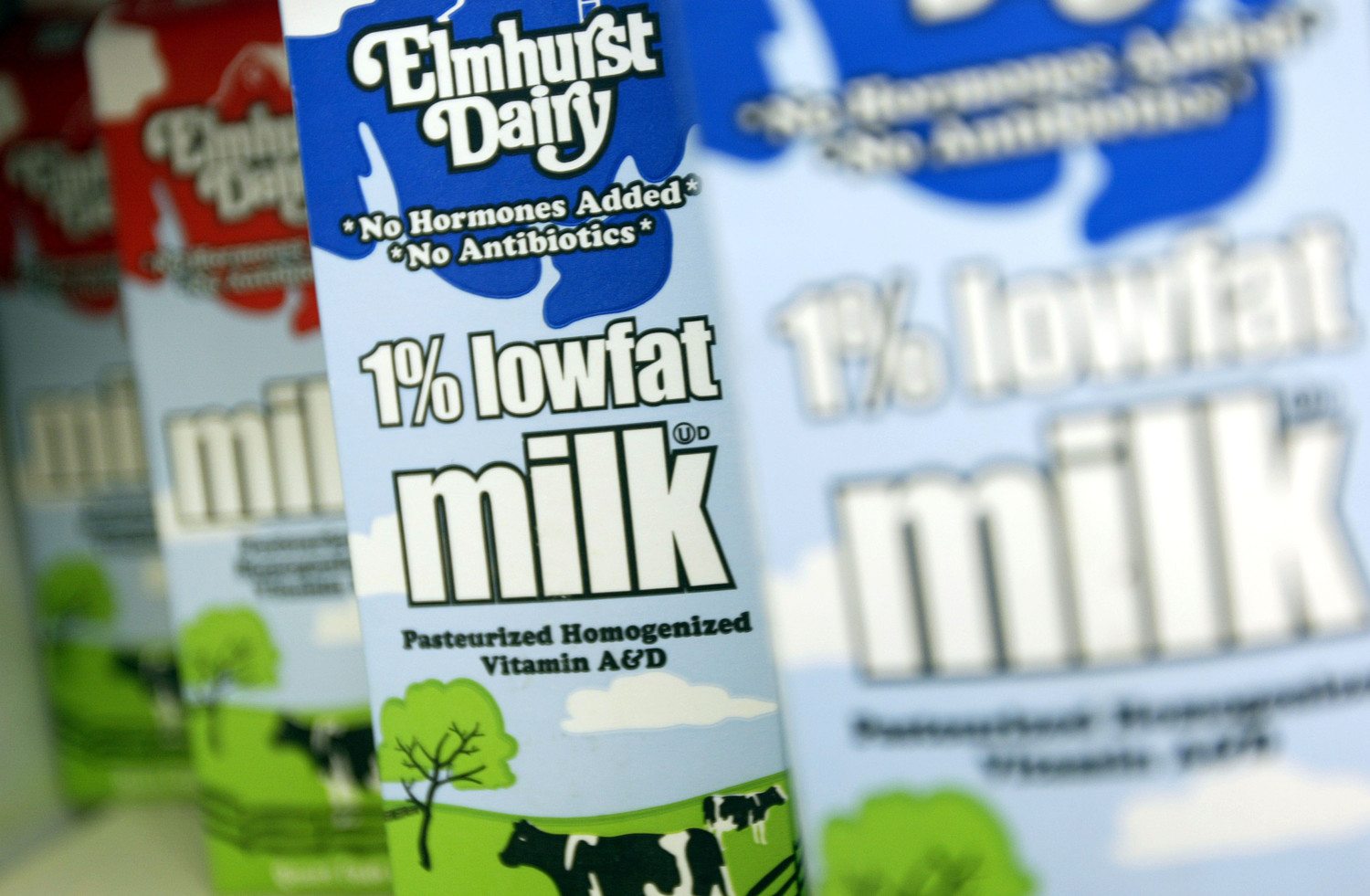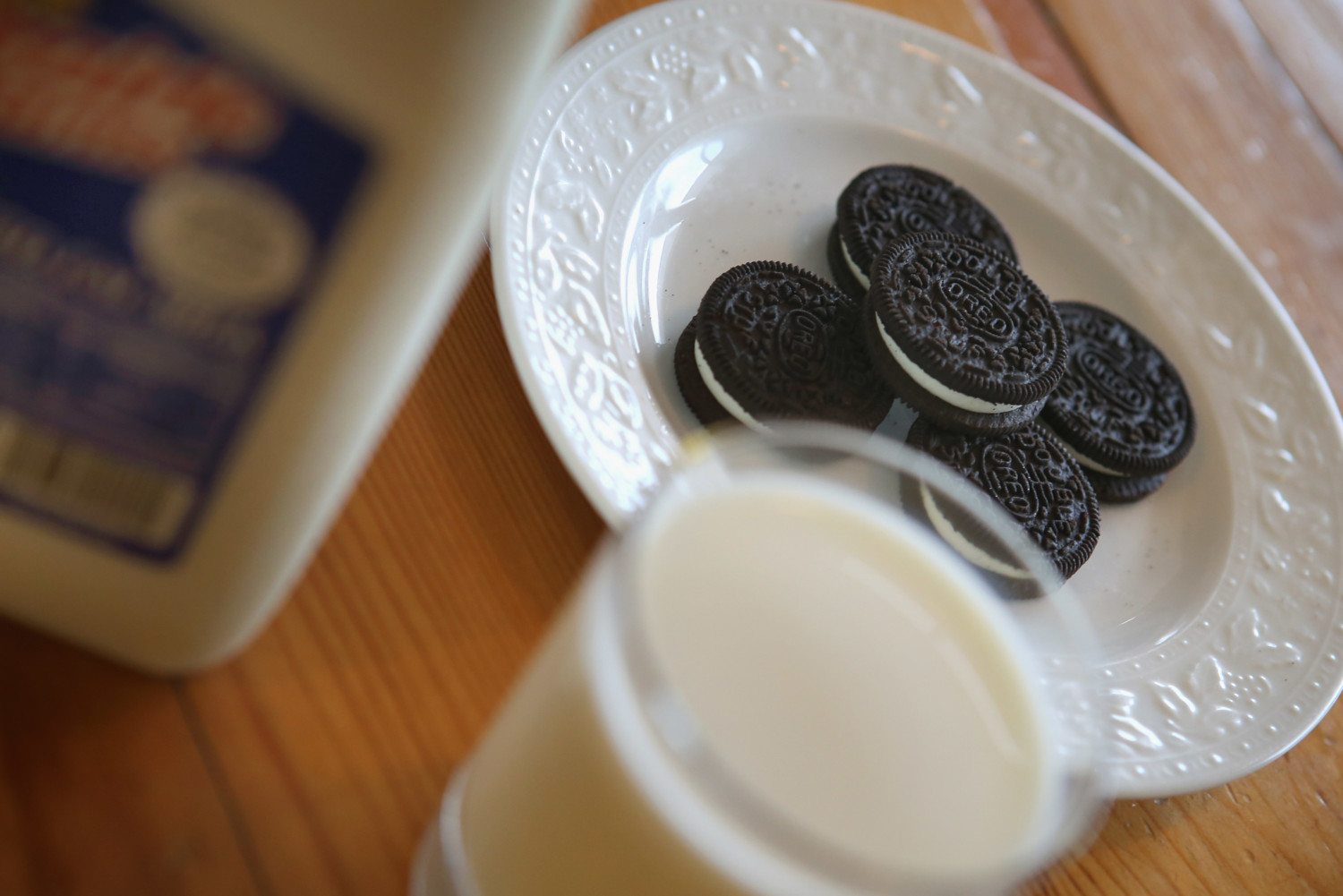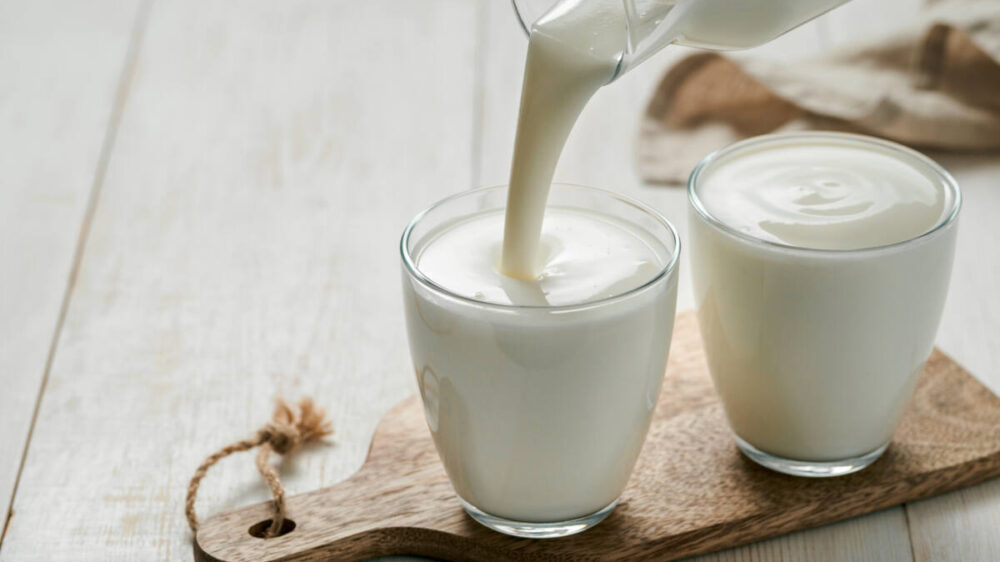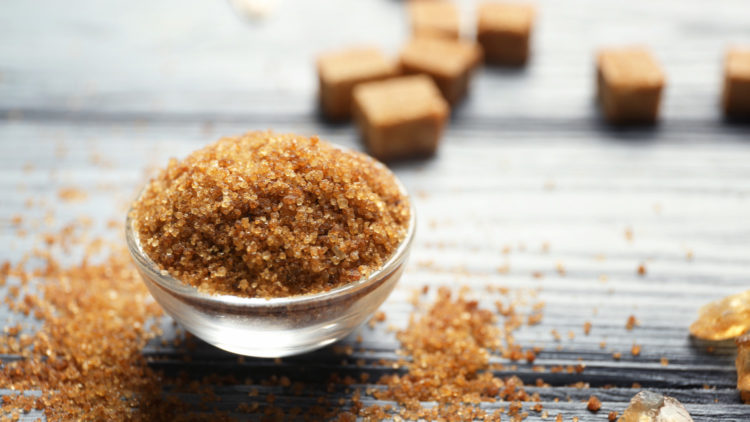Can Taking a Break from Dairy Cause Lactose Intolerance?
People may choose to take a break from dairy for a number reasons, like going on a diet, trying out veganism or visiting a country where it’s a rare commodity. But if you are an adult who consumes dairy and then you go on a dairy hiatus, beware: It may actually quicken the pace of lactose intolerance.
Common signs of lactose intolerance are feeling bloated, gassiness, experiencing nausea, or having diarrhea. As it turns out, being able to digest milk past age five without experiencing these symptoms is, in the first place, surprisingly rare.
Less than 40 percent of people around the world are able to digest lactose (the primary sugar in milk) after childhood due to a genetic mutation. Being able to comfortably continue consuming dairy as an adult is uncommon enough that scientists call it “lactase persistence.”
Lactase is the enzyme in our bodies that breaks down lactose, and people who have a working lactase gene are able to digest lactose. But most people’s bodies eventually shut off their lactase gene — whether in childhood (which is most common) or later on (as lactase production seems to lessen as people age).
Taking a break from dairy won’t actually change your body’s ability to read the lactase gene and produce the enzyme. Rather, your body has become unaccustomed to it after the break, so you feel its affects more strongly.
Writing for Slate.com, biomedical engineer Ti Zhao explained how both genetic and environmental factors, including the health of gut bacteria and health of the small intestine, are also at play.
“It can take months or years for the lining to fully heal and for lactase production to return to normal, if ever,” Zhao wrote.
According to the Tech Museum of Innovation, which is sponsored by the Department of Genetics at Stanford University, “Lactose persistence is not a simple thing. Genes, bacteria, the lining of our intestines can all contribute to becoming lactose intolerant.”
Quitting dairy temporarily can alter the bacterial composition in your gut, wiping out some of the bacteria that help you process lactose. Some people who are already lactose intolerant may be able to process small amounts of dairy thanks to an abundance of lactose-processing bacteria in their gut, but that bacteria weakens when they stop consuming dairy for a while.
As it turns out, being able to eat cheese and drink milk carefree is actually a bit out of the ordinary — and it takes a surprisingly careful balancing act of genes and environment in order to continue consuming it. Has altering your diet ever made your ability to consume dairy suffer?







